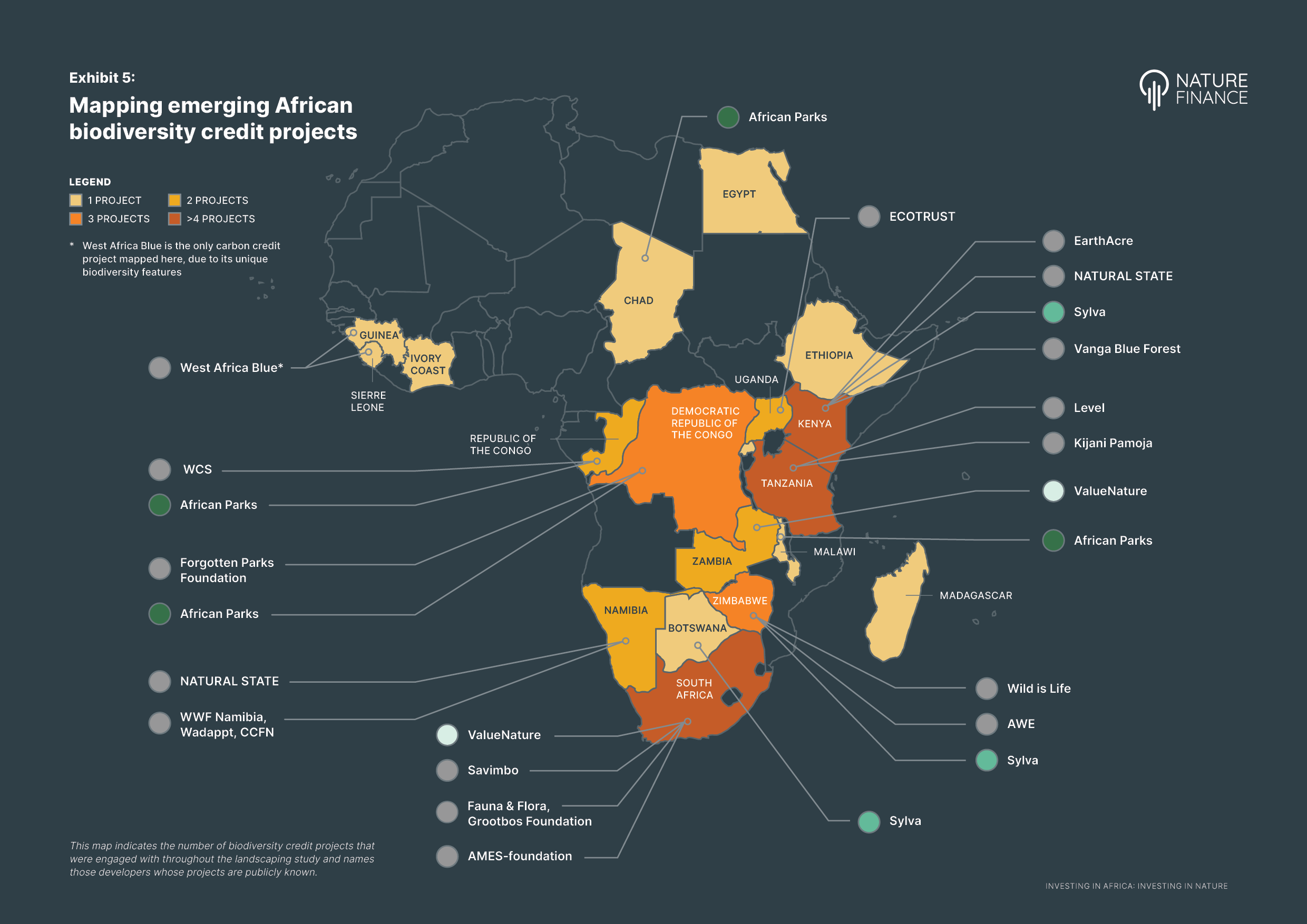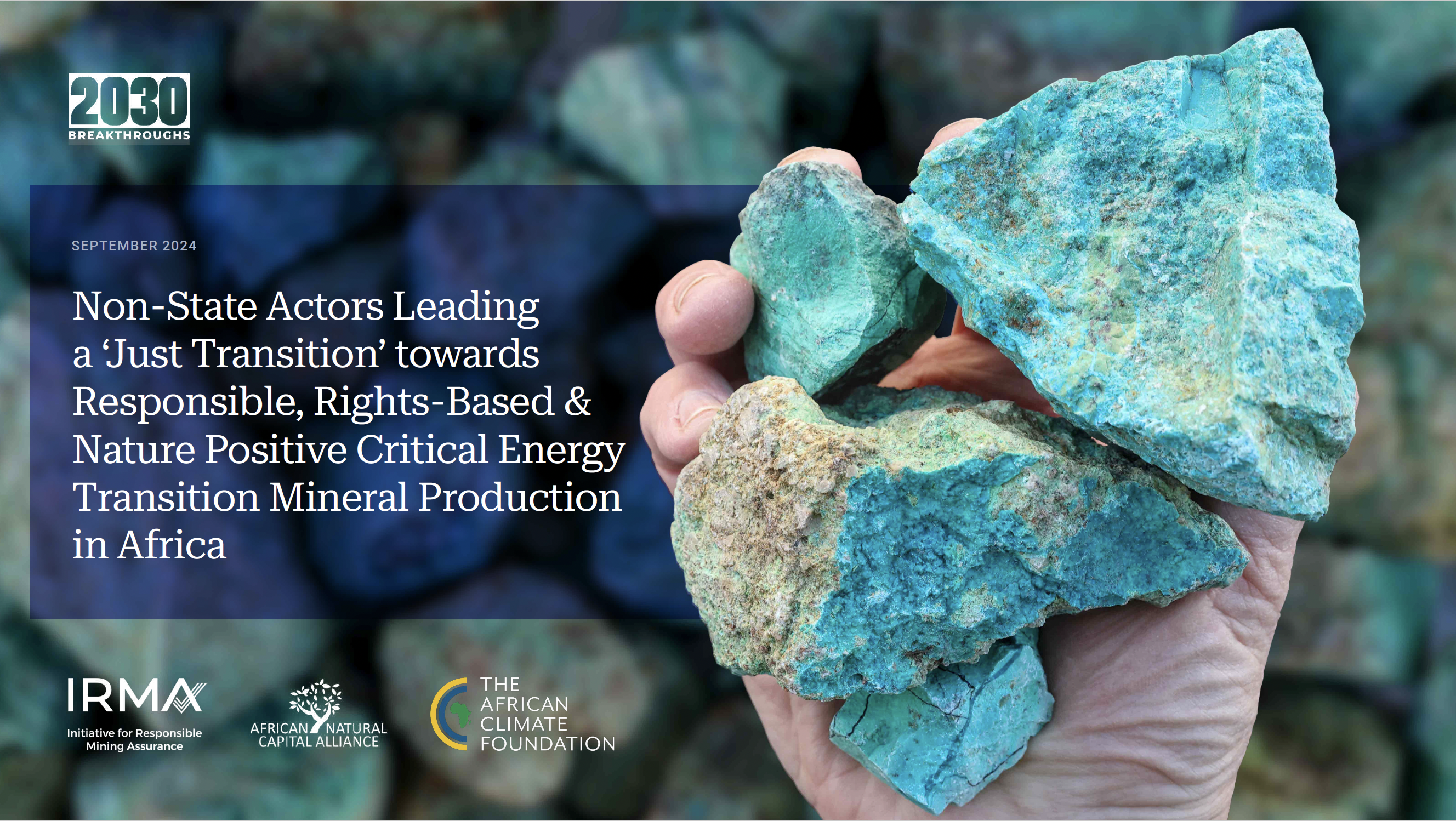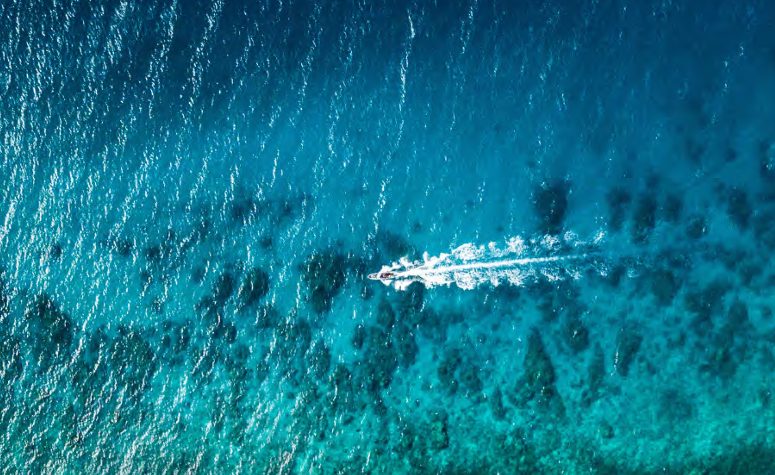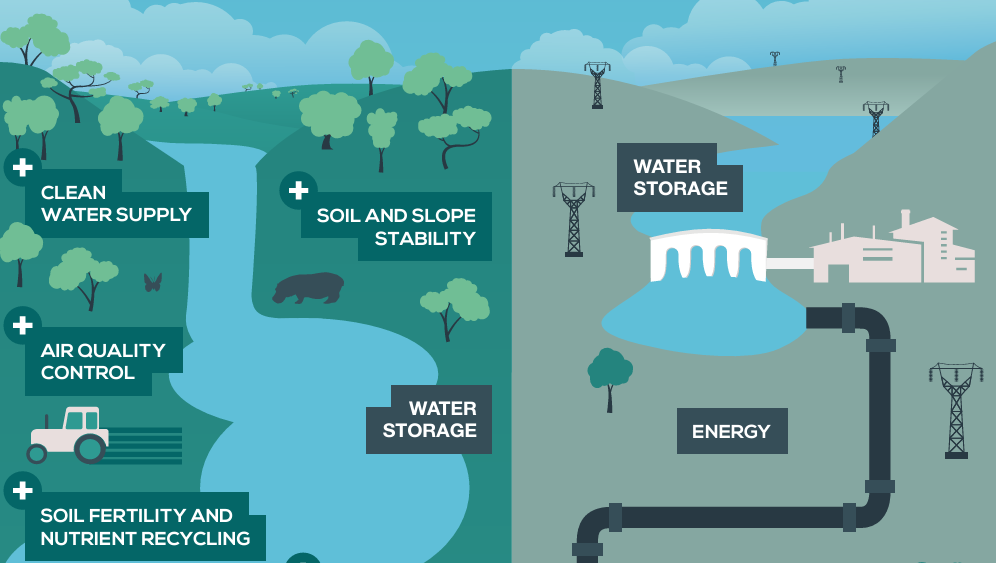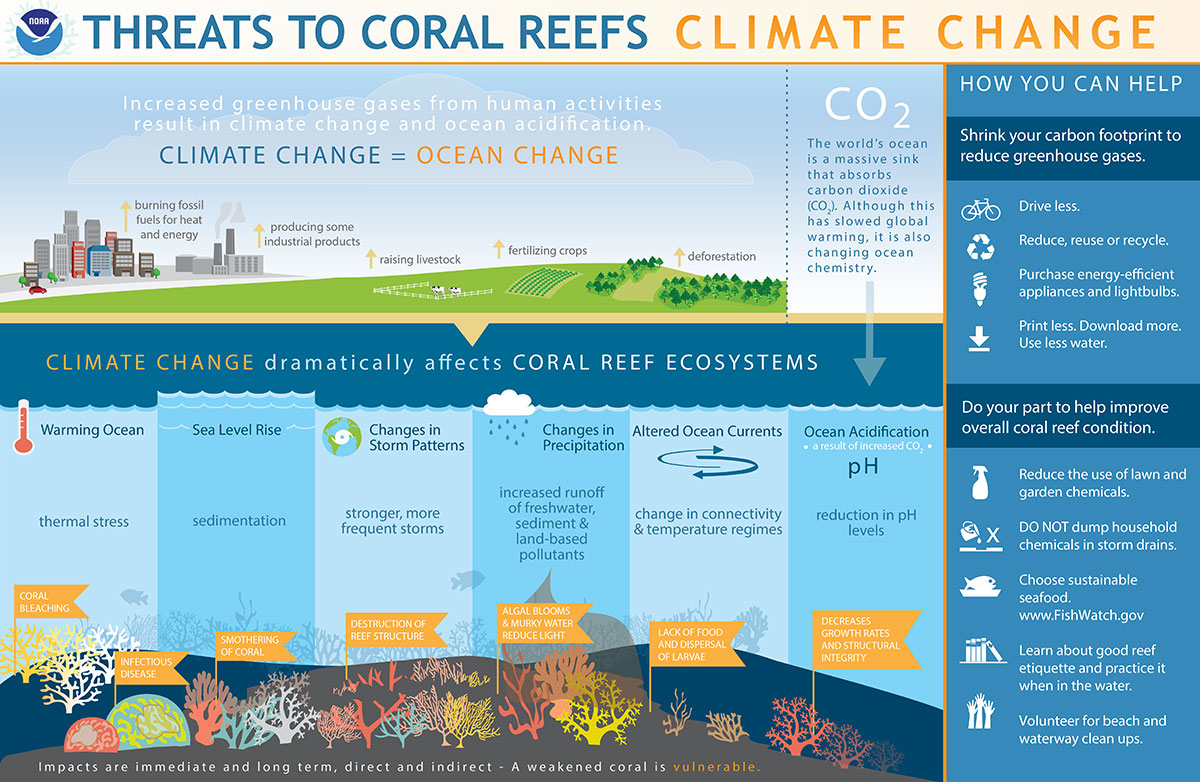In collaboration with NatureFinance, we bring you this comprehensive study on the rise of biodiversity credit projects across the African continent. Through in-depth research conducted over six months and interviews with nearly 100 stakeholders, the report identifies over 30 biodiversity credit projects driving innovation in Africa’s nature finance landscape. The study reveals a dynamic ecosystem…

